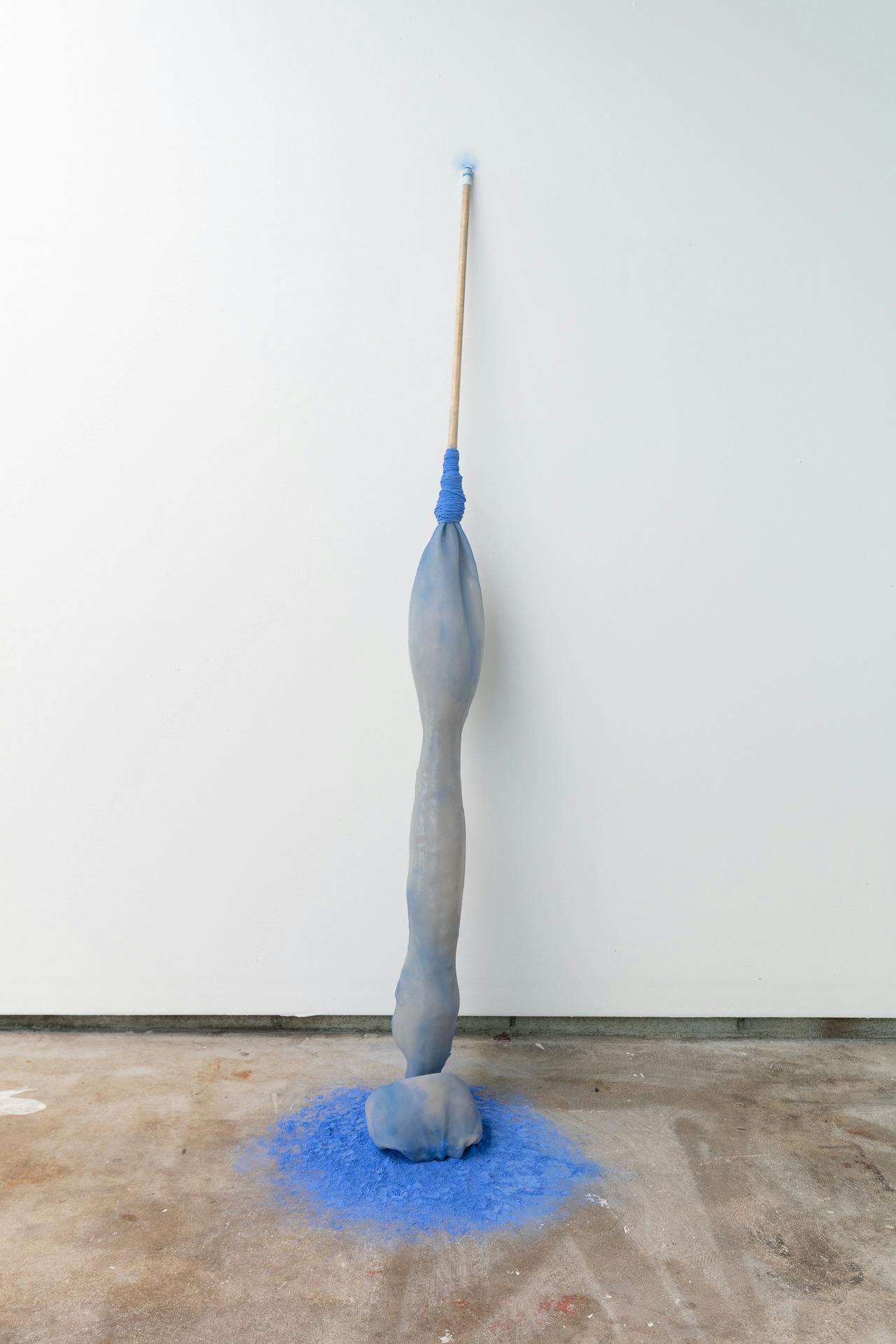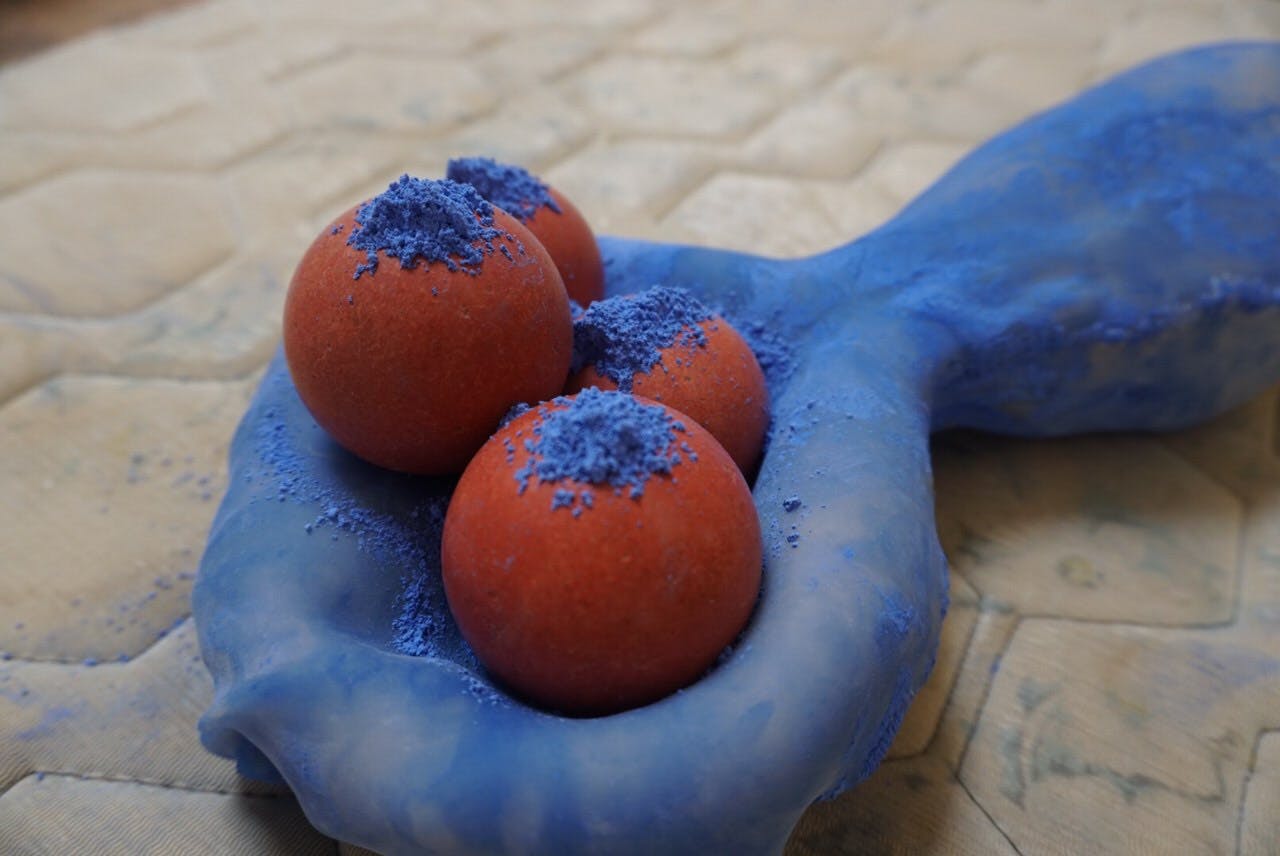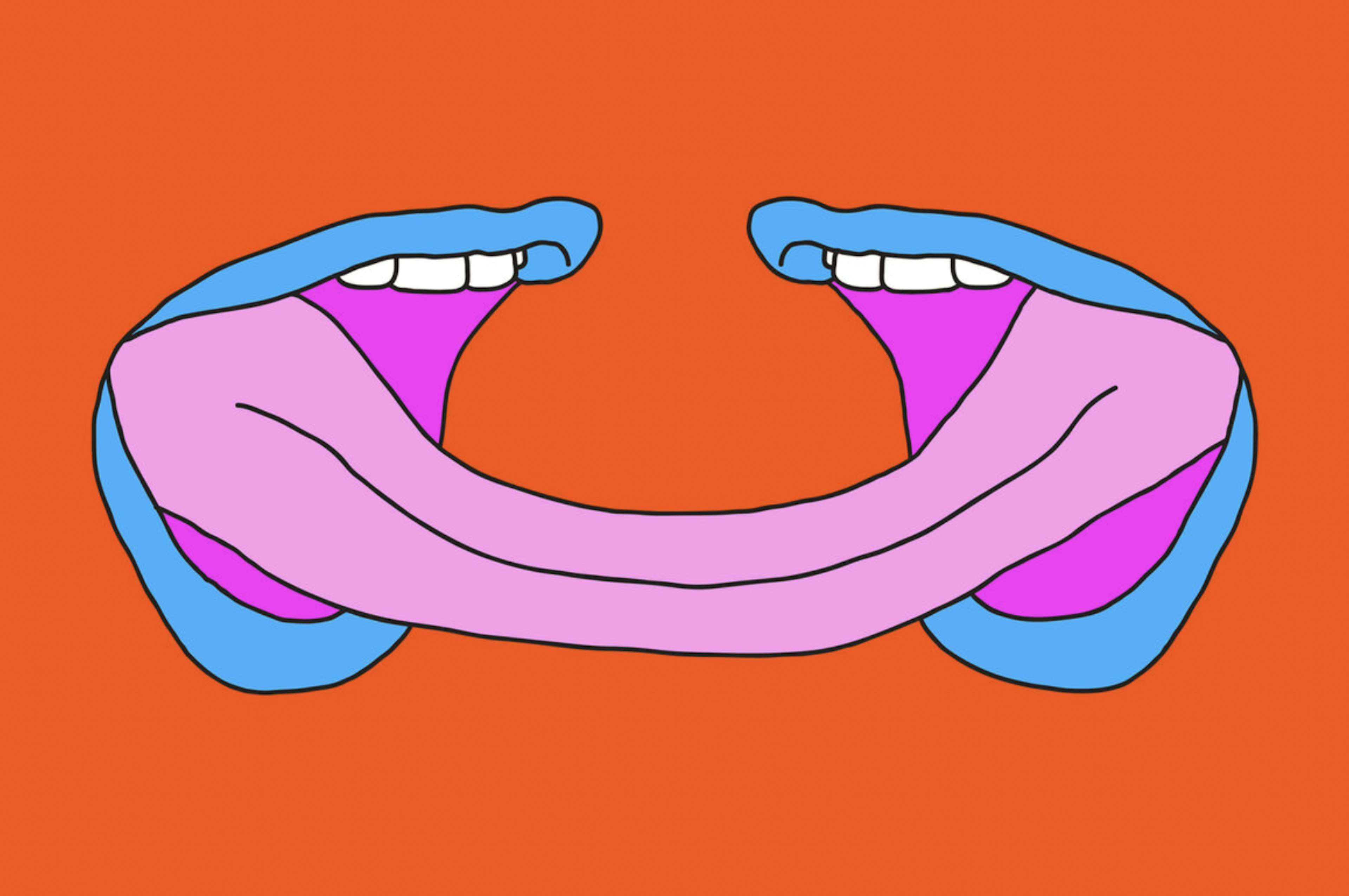Amber Cobb on Participating in Black Cube’s Talk With Your Mouth Full






Black Cube’s Curatorial Intern, Livy Snyder, interviews Denver artist, Amber Cobb, on participating in the org’s monthly artist brunch.
Amber Cobb on Participating in Black Cube’s Talk With Your Mouth Full
Talk With Your Mouth Full is an artist-centric community program comprised of monthly brunches intended to connect artists in the Colorado region. Each month over brunch, we invite an artist to speak about their practice or pose a timely art-related topic for discussion. This program provides emerging, mid-career, and established artists an opportunity to meet one another and talk about challenges or current issues that relate to their art practice in a convivial, food-filled setting.
Livy Snyder: Amber, you participated in Black Cube’s first Talk With Your Mouth Full artist brunch. Can you share some of the questions you posed to the group, and why?
Amber Cobb: Talk With Your Mouth Full created a safe space for an artist like myself to open up to the community and ask for advice on elements of my practice, which I often do not want to admit while chatting at a gallery or exhibition. The first question I posed—“How to avoid physical and financial burnout?”—made me nervous, as I self-revealed the struggles I am facing as I move forward in my career. Last year was a stellar year for my career with multiple exhibitions nationally and internationally. But, towards the end, I struggled to keep up physically and my financial situation is less than ideal. I wanted to know how others weigh out and compare the risks we face as artists to the potential outcome of an opportunity or exhibition. I also wanted to know how much risk others take and selfishly, I wanted to know if others are just as risky and crazy as myself.
In early 2018, this article floated around on social media within our community and resurfaced during Margaret Nueman’s artist talk at RedLine later in the year. Should an artist work a day job? I debate this question with myself often. Balancing a full-time job while focusing on my practice is a struggle. If I’m am ever one of the lucky few who can make art full-time, then how would that alter my work? What would I lose and gain if my practice becomes my paycheck
LS: Did you find that other artists related to the questions you posed?
AC: Yes. Many of the artists thanked me for being honest and vulnerable. The conversations allowed us to open up and tear down the façade we often see via social media.
LS: As an artist living in Denver, what is the biggest hurdle in connecting with the cultural community?
AC: My hurdle is keeping up with all the exhibitions, lectures, talks, and conversations while maintaining my job, practice, and personal life. The Denver art community is growing and I often feel torn as I try to do it all. I also want to have genuine conversations and be actively engaged in the community—not just show up and show face
LS: You selected hot dogs for the brunch menu. There seem to be parallels between the slippery sexuality of a hot dog and your interest in soft and sexual forms in your practice. Why did you select them for brunch?
AC: Ha! I’m glad you noticed ; )Well, I’m not going to lie, I actually love hot dogs. I was recently roasted for this by a fellow faculty member at Rocky Mountain College of Art + Design (RMCAD) when they introduced me before a lecture on campus. He had stopped by my office multiple times in the morning and each time I happened to be eating a hotdog for breakfast.
However, there is more to the hotdog for breakfast request. My work, at times, can be tragic and heavy, yet attractive and sensual. There is also a bit of humor as I navigate conversations relating to the body and sexuality.
LS: What is it about food that brings people together? Did the food change the tone of the conversation?
AC: I remember when I was just started to get involved in the art community in Denver. I felt intimidated at openings, even awkward when approaching artists and curators I admired from afar. I think the hotdogs broke down the hierarchy making myself more approachable. Or at least it was an easy conversation starter.
LS: During the brunch, you shared your struggles about breaking through the “slow” periods in your practice. What do your slow periods look like? Did you hear any helpful advice from other artists in the community?
AC: My slow periods are full of uncertainty as I experiment with new ideas, materials, and processes. I lose my confidence a bit and honestly make some really bad decisions that I call “Art Farts.” I can’t say anyone has offered advice that I could follow, it just really helps to hear others admit and talk about the same struggle.
LS: You were also curious about financial sustainability and how working a day job might actually help one’s art practice. Can you comment further about your own experience?
AC: I feel incredibly lucky to teach fulltime at RMCAD. My students inspire me and I learn so much from them as they figure out who they are as artists. The advice I give them as they face the fear of a blank page or start to create a body of work through more intensive research is also a reminder to myself. Sometimes I get caught up in the physical production and administrative side of my practice and begin to feel a little lost and like I’m failing to keep the conceptual process on the same path and trajectory. I find myself giving assignments I need to give myself. Teaching also makes me a better, more informed viewer because it is necessary for me to stay on top of conversations happening outside my own practice. My work can be an emotional burden as I often dive deep into psychological aspects. My day job allows me to have a break and feel less crazy and more balanced. While I find myself overworked and exhausted, it forces me to be more responsible with my time and create situations to focus deeply without distractions
LS: What was the most influential feedback you received from other artists during the brunch?
AC: The most influential element of the brunch was really the laughter and the feeling of being supported by my community. Laughing together as we shared stories of mistakes reiterated that failure is just an experience and can become an incredible step to moving forward.
LS: Do you think these brunches have the ability to create a stronger community amongst the artists in Denver?
AC: Yes! I love that the brunch created a safe space to be real and genuine. It's hard to admit the struggles you are feeling when chatting in a white cube full of finished works. I loved meeting new artists and having more in-depth conversations rather than the usual “What is next for you? When is your next show?”. The dialog we have at openings gets repetitive, the questions at the brunch push the conversations to be more conducive and reveal another side of an art practice we often face alone.
